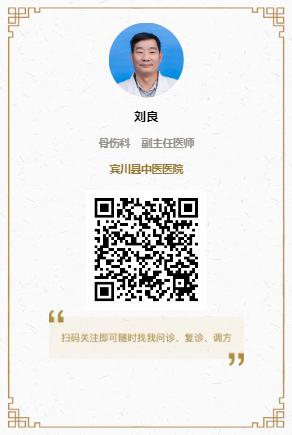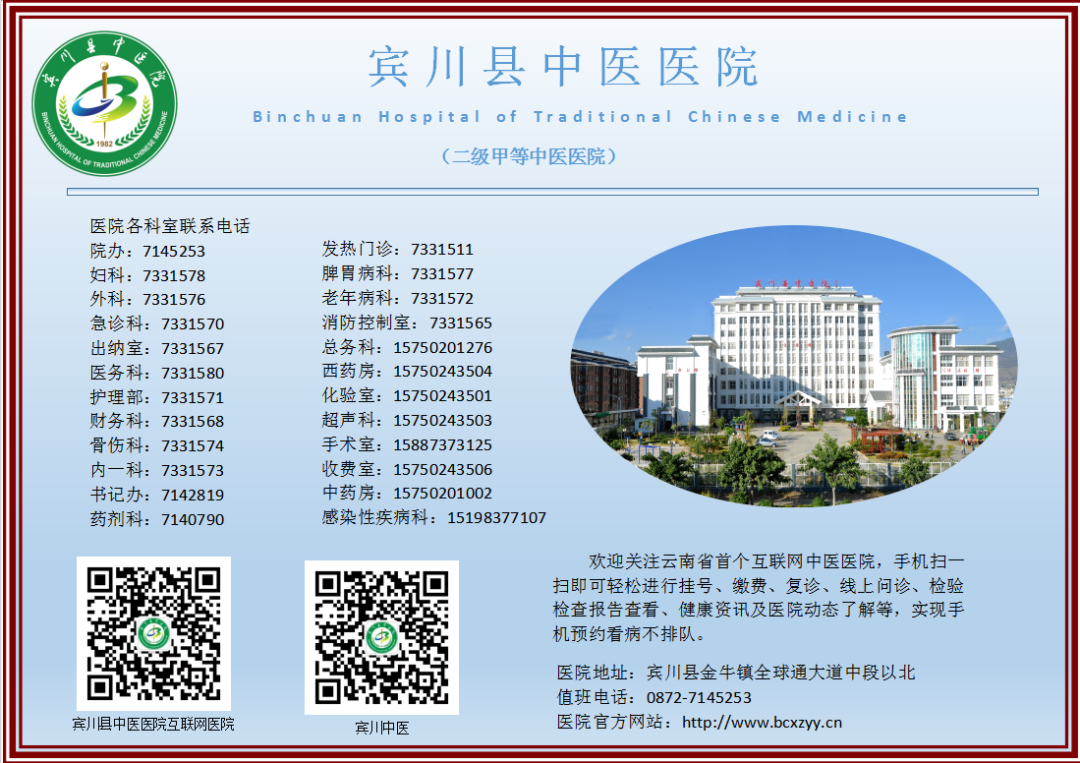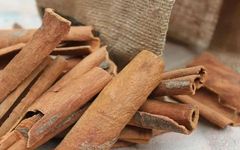The Efficacy and Functions of Cinnamon
Cinnamon
Alias: Guo Gui, Zi Gui, Da Gui.
Taste and Properties: Pungent, sweet, and very warm in nature.
Meridians: Enters the Kidney, Spleen, Heart, and Liver meridians.
Parts Used: The dried bark and branch bark of the Lauraceae plant, Cinnamon. Generally harvested from August to October, the bark is stripped from the tree at a certain width and processed into various specifications, mainly including the following:
① Official Cinnamon: Bark stripped from the trunks and thick branches of cultivated young trees aged 5-6 years, sun-dried for 1-2 days, and rolled into cylindrical shapes to air dry.
② Qibian Cinnamon: Bark stripped from trees over ten years old, trimmed at both ends, and placed between wooden boards to dry.
③ Board Cinnamon: Bark stripped from old cinnamon trees, with a circular incision made 30 cm above the ground, the bark is peeled off, placed in a drying frame until 90% dry, then stacked and pressed, completely drying after about one month.
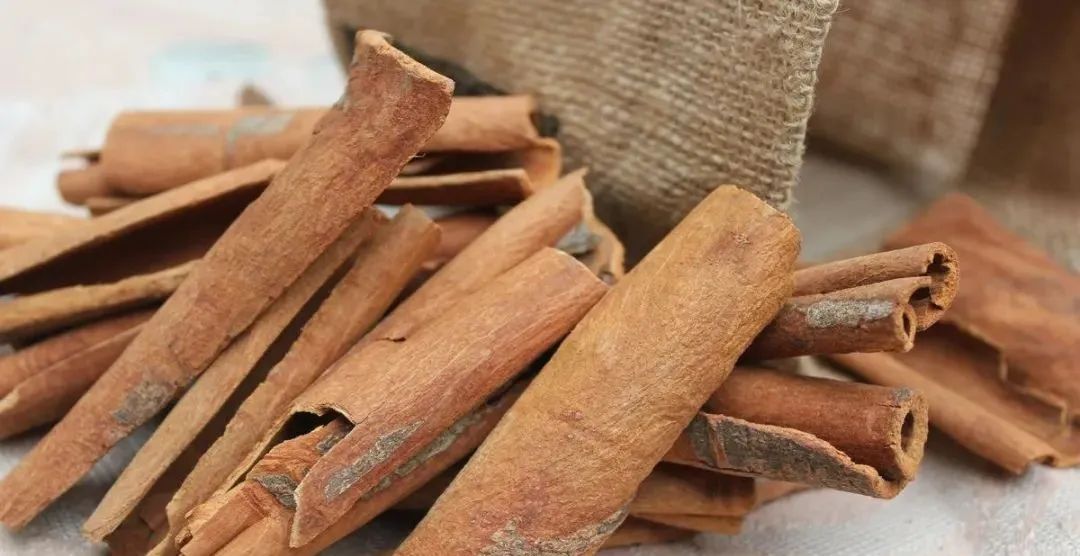
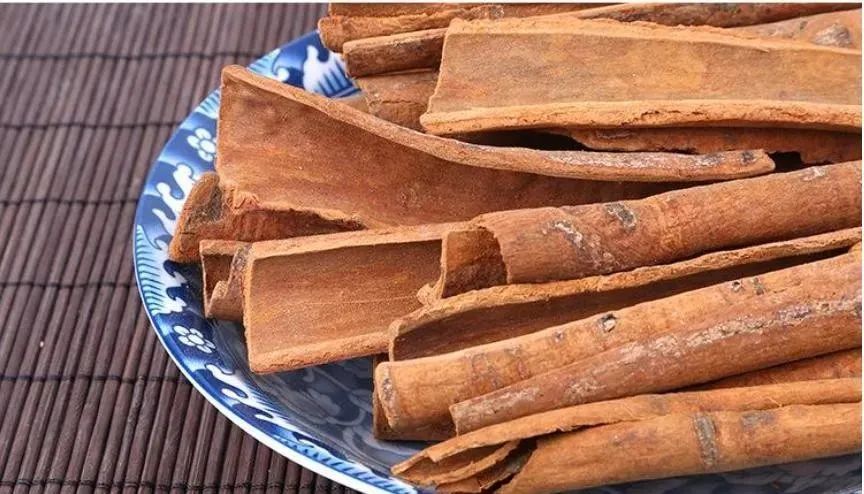
Dosage and Administration of Cinnamon
Internal Use: Decoction, 1.5-4.5 grams; or in pills or powders.
External Use: Ground into powder for topical application or soaked in alcohol for rubbing.
Preparation: Remove impurities, scrape off the coarse bark, crush when needed; or scrape off the coarse bark, soak in warm water for a moment, slice, and air dry.
Efficacy and Functions of Cinnamon
Efficacy: Tonifies fire and assists yang, directs fire back to the source, disperses cold and alleviates pain, warms and unblocks the meridians.
Indications: Used for impotence due to cold in the womb, cold pain in the lower back and knees, wheezing due to kidney deficiency, floating yang, dizziness, red eyes, cold pain in the heart and abdomen, cold-induced vomiting and diarrhea, cold hernia abdominal pain, dysmenorrhea, and amenorrhea.
Pharmacological Effects:
① Effects on the Central Nervous System
Cinnamaldehyde contained in cinnamon has a significant sedative effect on mice, manifested as reduced spontaneous activity. It counteracts excessive activity induced by methamphetamine, motor coordination impairment from the rotarod test, and prolongs the anesthetic time of sodium hexobarbital. The analgesic effect was demonstrated using tail pressure stimulation or intraperitoneal injection of acetic acid to observe writhing movements. It has a cooling effect on normal body temperature in mice and on artificially induced fever from typhoid and paratyphoid mixed vaccines. Cinnamaldehyde and sodium cinnamate have antipyretic effects on rabbits with fever induced by thermal stimulation. It can delay the onset of tonic seizures and death caused by strychnine and reduce the incidence of tonic seizures and death caused by nicotine. It is ineffective against those induced by pentobarbital.
② Antihypertensive Effect
The combination of Aconite and Cinnamon has an antihypertensive effect on rats with adrenal cortical hypertension (model created by burning one side of the adrenal gland); however, it has no effect on renal hypertension rats (model created by ligating the kidney in a figure-eight). This effect may be due to the promotion of reduced adrenal activity, bringing it back to normal.
③ Preventive Effect against Schistosomiasis
Mice orally administered a decoction (unspecified variety) at 0.2 ml/10 grams of body weight for 15 days showed no preventive effect against schistosomiasis infection on the third day of administration; however, when combined with realgar, betel nut, and ferula, it showed some effectiveness.
④ Other Effects
Cinnamon oil has strong antibacterial properties, showing better efficacy against Gram-negative bacteria than against Gram-positive bacteria. Due to its irritant nature, it is rarely used as an antibacterial drug, but it can be applied externally to treat stomach pain, gastrointestinal bloating, and cramping. Internally, it can be used as a stomach tonic and carminative. It also has significant antifungal effects and has been used in a mixture containing 1.5% cinnamon oil and 0.5% thymol to treat tinea capitis. Cinnamaldehyde and sodium cinnamate can cause vasodilation in frog web membranes and increase white blood cells in rabbits.
Contraindications of Cinnamon
Use with caution in individuals with bleeding tendencies and pregnant women; it should not be used in conjunction with red stone fat.
Toxicity and Detoxification Methods of Cinnamon
Cinnamon is a hot and spicy herb, and the Materia Medica records it as having “slight toxicity”; thus, it should not be used in excessive amounts.
There have been reports of toxicity reactions such as dizziness, blurred vision, eye swelling, eye dryness, cough, reduced urination, thirst, and rapid pulse after taking 1.2 taels of cinnamon powder at once, which gradually subsided after switching to cold herbs over 1-2 weeks.
Related Formulas with Cinnamon
① For kidney qi deficiency, lower back coldness, abdominal pain, frequent urination at night, weakness in the knees and feet, fatigue, dark complexion, loss of appetite; foot qi rising, numbness in the lower abdomen; deficiency labor, thirst, heavy pain in the lower back, urgency in the lower abdomen, difficulty urinating; diabetes in men with excessive urination; urinary obstruction in women: Peony root, White Poria, and Alisma each 9 grams, cooked Rehmannia 48 grams, Cornus, and Dioscorea each 24 grams, Aconite (processed, peeled, and pitted), and Cinnamon (peeled) each 12 grams. Grind into powder, refine with honey into pills the size of a wutong seed. Take 15-25 pills with warm wine before meals, twice daily. (This is the Eight Flavor Pill from the “Jingui” Kidney Qi Pill)
② For insufficient original yang, declining fire of the Mingmen, cold spleen and stomach, reduced appetite, or nausea and bloating; or stomach upset, or fear of cold, or abdominal pain, or loose stools, frequent diarrhea, or involuntary urination, cold hernia, or cold invading the lower body causing joint pain, or cold in the lower jiao causing water retention, and true yang deficiency causing fatigue and weakness, palpitations, and inability to gather energy, yang deficiency with infertility: Cooked Rehmannia 48 grams, Dioscorea (stir-fried) 24 grams, Cornus (slightly stir-fried) 18 grams, Goji berries (slightly stir-fried) 24 grams, Deer antler glue (stir-fried) 24 grams, Cuscuta (processed) 24 grams, Eucommia (stir-fried with ginger soup) 24 grams, Angelica 18 grams (do not use if loose stools), Cinnamon 12 grams (can gradually increase to 24 grams), processed Aconite 12 grams (can gradually increase to 15-18 grams). First, steam the cooked Rehmannia until soft, pound into a paste, refine with honey into pills the size of a marble, chew and take 2-3 pills with warm white soup. (This is the Right Return Pill from the “Jingyue Complete Book”)
③ For heat stroke, excessive drinking, dampness affecting the spleen and stomach, confusion of clear and turbid, yin and yang qi reversing, cholera vomiting, and organ dysfunction: Licorice (chopped, 30 jin), Dried Ginger (stir-fried) 4 jin, Apricot Kernels (peeled, pointed, sand-fried) 4.4 jin, Cinnamon (peeled, roasted) 4 jin. First, stir-fry licorice with white sand until 80% yellow and cooked, then add dried ginger and stir-fry until the ginger cracks, then add apricot kernels and stir-fry until they stop making noise, sift and separate, then add cinnamon and grind into powder. Take 6 grams, decoct until 70% remains, remove dregs and take warm. If restless, can be adjusted with well water, or taken with boiling soup. (This is the Big Foot Powder from the “Jufang”.)
④ For cold qi attacking the heart and abdomen causing pain, frequent vomiting, and loss of appetite: Cinnamon heart 6 grams, Galangal 6 grams (chopped), Angelica 6 grams (chopped, slightly stir-fried), Cardamom 9 grams (peeled), Magnolia Bark 12 grams (peeled, coated with ginger juice and stir-fried until fragrant), Ginseng 6 grams (remove the root). Grind and sift into powder, take 9 grams with 1 cup of water, decoct until 60% remains, remove dregs, and take warm without time limit. (This is the Cinnamon Heart Powder from the “Shenghui Fang”)
⑤ For chronic cold accumulation, abdominal pain, fullness in the sides, diarrhea, rumbling intestines, spontaneous sweating, and undigested grains: Piper, and Cinnamon each 120 grams, Dried Ginger (stir-fried), and Galangal each 180 grams. Grind into fine powder, boil with water to make a paste, form into pills the size of a wutong seed. Take 20 pills with rice soup before meals. (This is the Big Cold Pill from the “Jufang”)
⑥ For nine types of heart pain, causing oppression: Cinnamon heart 15 grams. Grind into powder, take with 1 cup of wine, decoct until half a cup remains, remove dregs, and take warm. (This is from the “Shenghui Fang”)
⑦ For persistent diarrhea with water, not stopping: Cinnamon (peeled), Aconite (stir-fried, peeled), Dried Ginger (stir-fried), and Red Stone Fat each 6 grams. Grind into powder, refine with honey into pills the size of a wutong seed, take 20 pills with rice soup before meals, three times daily. (This is the Cinnamon Aconite Pill from the “Shengji Zonglu”)
⑧ For cold hernia causing intermittent heart and abdominal pain: Cinnamon heart 120 grams, Fresh Ginger 90 grams, Wu Zhu Yu 60 grams. Cut into pieces, boil with 1 large cup of wine until 3 cups remain, remove dregs, divide into three warm doses. Take after walking 6-7 miles. Avoid raw scallions. (This is the Zhu Xin Decoction from the “Yao Sentan Collection”)
⑨ For hernia and abdominal distension: Cinnamon, Dried Ginger, and Fennel each 15 grams, Peony root, Wood Fragrance, and Betel Nut each 6 grams, Licorice 1.5 grams; decoct in water. (This is from the “Fangmai Zhengzong”)
⑩ For true cold back pain, with tight pulse, blue tongue, contracted scrotum, and shivering: Internal Cinnamon 9 grams, Aconite 9-12 grams (use fresh Aconite in emergencies), Eucommia 6 grams, take warm. (This is the Cinnamon Aconite Eucommia Decoction from the “Huiyue Yijing”)
⑾ For postpartum abdominal masses: Cinnamon (powder), take with warm wine, 1/10 of a spoon, three times daily. (This is from the “Zhouhou Fang”)
⑿ For postpartum residual cold, diarrhea with pus and blood, frequent bowel movements, abdominal pain with blood: Cinnamon heart, Licorice each 6 grams, White Honey 1 cup, Dried Ginger 6 grams, Angelica 6 grams, Red Stone Fat 60 grams (wrapped in cotton), Aconite 3 grams (stir-fried, peeled, and broken). Combine the seven ingredients with 6 cups of water, boil down to 3 cups, add honey, boil again, and divide into three doses. (This is the Cinnamon Heart Decoction from the “Qianjin Yifang”)
⒀ For children’s diarrhea with red and white: Cinnamon heart, and Coptis each equal parts. Grind into powder, make small pills the size of a mung bean, take 30 pills with rice soup. (This is from the “Pujifang”)
⒁ For children’s nocturnal enuresis, unaware: Official Cinnamon (powder), and rooster liver equal parts. Mash, form into pills the size of a green bean, take with warm soup, three times daily. (This is from the “Wandian Huichun”)
⒂ For wind-heat sore throat, bone abscess, and all types of yin abscess: Cooked Rehmannia 6 grams, Cinnamon 1 gram (peeled, ground), Ephedra 2.5 grams, Deer Antler Glue 9 grams, White Mustard Seed 6 grams, Ginger Charcoal 2.5 grams, Fresh Licorice 1 gram. Decoction. (This is from the “Wai Ke Quansheng Ji”)
⒃ For bruises and internal bleeding: Cinnamon heart, and Angelica each 6 grams, Pollen 1 cup. Combine the three ingredients, filter. Take with warm wine, 1/10 of a spoon, three times daily. (This is from the “Qianjin Fang”)
⒄ For psoriasis: Official Cinnamon, Galangal, and Asarum each 15 grams, and ten blister beetles (crushed). Soak in 90 ml of white wine for seven days, shaking once daily to extract effective components, filter to obtain the clear juice, and to moderate the local irritation of white wine, add 30 ml of glycerin. First, wash the affected area with warm water to soften, then apply the medicinal liquid once daily or every other day. Avoid alcohol and spicy foods. (This is from the “Zhongyao Tongbao” 1:10, 1957)
⒅ For throat pain and throat obstruction due to cold and yin fire: Cinnamon, Dried Ginger, and Licorice each 15 grams. Grind finely, steep in boiling water, place the bowl in boiling water, steep again, and swallow slowly. First, dip a goose feather in tung oil, insert it into the throat to roll out phlegm, and taking the medicine will be more effective. (This is from the “Wai Ke Quansheng Ji”)
Related Discussions on Cinnamon
1. “Shennong Bencao Jing”: Treats cough and reverse qi, clears phlegm, benefits joints, and tonifies qi.
2. “Bielu”: Treats heart pain, wind in the sides, side pain, warms the tendons, unblocks the meridians, stops restlessness, and sweating. Treats warming the middle, benefits liver and lung qi, cold and heat in the heart and abdomen, cold diseases, cholera, cramps, headaches, back pain, stops salivation, cough, and nasal congestion; can induce abortion, strengthen bones and joints, unblock blood vessels, and regulate insufficiencies; promotes the efficacy of all medicines, without fear.
3. “Yaoxing Lun”: Treats nine types of heart pain, kills three worms, breaks blood, unblocks menstruation, treats soft feet, numbness, and insufficient fetal membranes, relieves cough and reverse qi, clears phlegm, and relieves unbearable abdominal cold pain, treats diarrhea, and nasal polyps. Kills plant and animal toxins.
4. “Rihua Zibencao”: Treats all types of wind qi, tonifies five labors and seven injuries, unblocks the nine orifices, benefits joints, nourishes essence, brightens the eyes, warms the lower back and knees, breaks phlegm, resolves blood stasis, treats wind bi and joint contraction, strengthens tendons and bones, and promotes muscle growth.
5. “Zhenzhu Nang”: Expels wind evil, treats lower abdominal pain in autumn and winter.
6. “Yixue Qiyuan”: Tonifies insufficient lower jiao, treats deep cold and stubborn cold, and spontaneous sweating due to exterior deficiency.
7. “Bencao Gangmu”: Treats cold bi, wind deafness, yin excess with blood loss, diarrhea, and dysentery, treats seizures due to yang deficiency and blood loss, internal abscesses, can induce sweating, transform blood into sweat and pus, and detoxify snake venom.
Source: Herbal Encyclopedia
